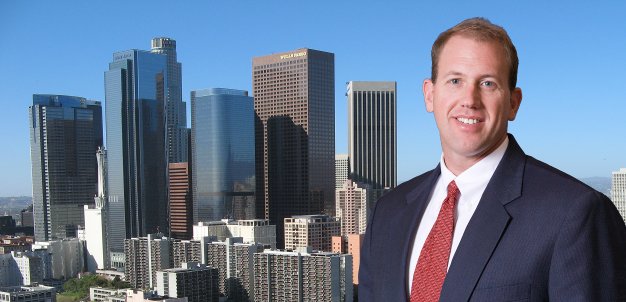PRACTICE AREAS OVERVIEW
- Assault
- Assault With A Deadly Weapon
- Assault With A Firearm
- Attempted Murder
- Bail Bonds
- Blogs
- Burglary
- Carjacking
- Child Abduction
- Child Abuse
- Child Molestation
- Criminal Threats
- Domestic Violence
- DUI
- False Imprisonment
- Gross Vehicular Manslaughter
- Indecent Exposure
- Involuntary Manslaughter
- Kidnapping
- Law In The News
- Mayhem
- Murder
- Negligent Discharge Of A Firearm
- Petty Theft
- Possession of Child Pornography
- Prostitution
- Rape
- Resisting Arrest
- Robbery
- Sexual Battery
- Sodomy
- Spousal Battery
- Statutory Rape
- Vehicular Manslaughter
- Voluntary Manslaughter
SPECIALIZED CITIES
- Beverly Hills Criminal Defense Lawyer
- Burbank Criminal Defense Lawyer
- Culver City Criminal Defense Lawyer
- Encino Criminal Defense Lawyer
- Marina Del Rey Criminal Defense Lawyer
- North Hollywood Criminal Defense Lawyer
- Pasadena Criminal Defense Lawyer
- Santa Monica Criminal Defense Lawyer
- Sherman Oaks Criminal Defense Lawyer
- Studio City Criminal Defense Lawyer
- Tarzana Criminal Defense Lawyer
- Torrance Criminal Defense Lawyer
- Valencia Criminal Defense Lawyer
- Van Nuys Criminal Defense Lawyer
- Venice Criminal Defense Lawyer
- West Covina Criminal Defense Lawyer
- Woodland Hills Criminal Defense Lawyer
Double Jeopardy
The double jeopardy clause in the Fifth Amendment to the U. S. Constitution prohibits the government from prosecuting individuals more than one time for a single offense and from imposing more than one punishment for a single offense. It provides that “No person shall … be subject for the same offence to be twice put in jeopardy of life or limb.” Most state constitutions also guarantee this right to defendants appearing in state court. Even in states that do not expressly guarantee this right in their laws, the protection against double jeopardy must still be afforded to criminal defendants because the Fifth Amendment’s Double Jeopardy Clause has been made applicable to state proceedings via the doctrine of incorporation.
Double jeopardy only protects against repeated attempts at criminal prosecution. A prior civil court proceeding does not prevent a subsequent criminal prosecution trial.
The Double Jeopardy Clause protects against three distinct abuses: [1] a second prosecution for the same offense after acquittal; [2] a second prosecution for the same offense after conviction; and [3] multiple punishments for the same offense.
The underlying idea, one that is deeply ingrained in at least the Anglo-American system of jurisprudence, is that the State with all its resources and power should not be allowed to make repeated attempts to convict an individual for an alleged offense, thereby subjecting him to embarrassment, expense and ordeal and compelling him to live in a continuing state of anxiety and insecurity, as well as enhancing the possibility that even though innocent he may be found guilty.
California Penal Code 1141 In all cases where a jury is discharged or prevented from giving a verdict by reason of an accident or other cause, except where the defendant is discharged during the progress of the trial, or after the cause is submitted to them, the cause may be tried again.
California Penal Code 1023 When the defendant is convicted or acquitted or has been once placed in jeopardy upon an accusatory pleading, the conviction, acquittal, or jeopardy is a bar to another prosecution for the offense charged in such accusatory pleading, or for an attempt to commit the same, or for an offense necessarily included therein, of which he might have been convicted under that accusatory pleading.
California Penal Code 1180 The granting of a new trial places the parties in the same position as if no trial had been had. All the testimony must be produced anew, and the former verdict or finding cannot be used or referred to, either in evidence or in argument, or be pleaded in bar of any conviction which might have been had under the accusatory pleading.
If you have any questions regarding your rights to Double Jeopardy, contact experienced Los Angeles Criminal Defense Lawyer Max Gorby at (310) 200-9651.
